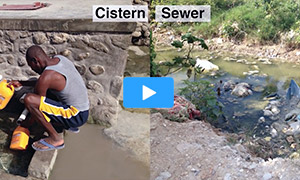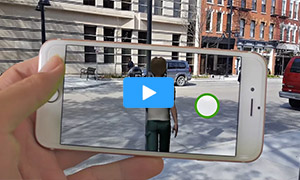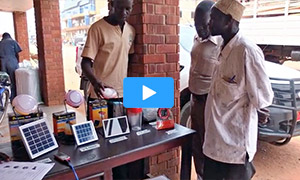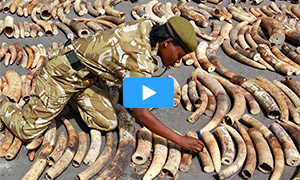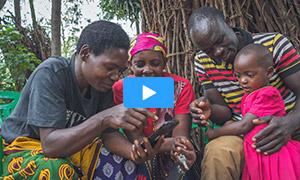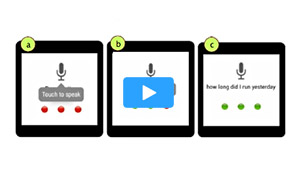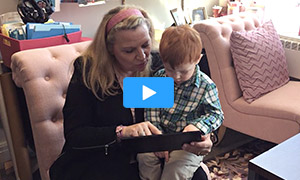These finalists were invited to present in the final round of the Wireless Innovation Project™:
PathVis
Purdue University
PathVis is a smartphone-based detection platform that is able to quantitatively measure the level of a disease pathogen in environmental and patient samples, providing health organizations with real-time and locational data on disease prevalence so that healthcare resources can be more efficiently targeted to areas of need.
Augmented Reality for Pedestrian Safety (SafetyAR)
University of Alabama at Birmingham
Child pedestrian safety represents a global public health challenge. SafetyAR will deliver virtual reality environments delivered via smartphone to teach children to cross streets safely in their community.
ENVision
ENVenture
ENVision is an open source mobile app productivity tool, which enables cash-based merchants in developing countries to capture inventory, input sales, and forecast orders, with real-time data visualization, running offline and on 2G networks.
WIPER
Vanderbilt University
WIPER is a novel wireless, low-power, acoustic shot detector that can be integrated into existing location tracking collars commonly used with elephants and other mammals across Africa. WIPER can disrupt poaching by automatically notifying authorities when shots are fired.
Community Cellular Networks
University of California: Berkeley
Community-owned, low-cost Community Cellular Networks helps reach the “last mile” of mobile connectivity by bringing first-time cell coverage to isolated communities.
DreamSave Innovation
PCI Global
DreamSave Innovation is a solution for the millions of unbanked people who are members of village savings groups to access digital financial services through scalable and sustainable mobile application.
Health Aware Personal Assistant
Dartmouth University
Health Aware Personal Assistant is enables users to efficiently “search” their collected mobile health data and issue “queries” on their data, similar to the way health care providers interact with patients.
EarlySee
SUNY University at Buffalo
EarlySee is a mobile app for autism screening, objective and widely accessible, which captures gaze distributions using smartphone camera and biofeedback data using wearable sensors. The app then performs data analysis in the cloud server and provides a quantitative score for children at risk.
